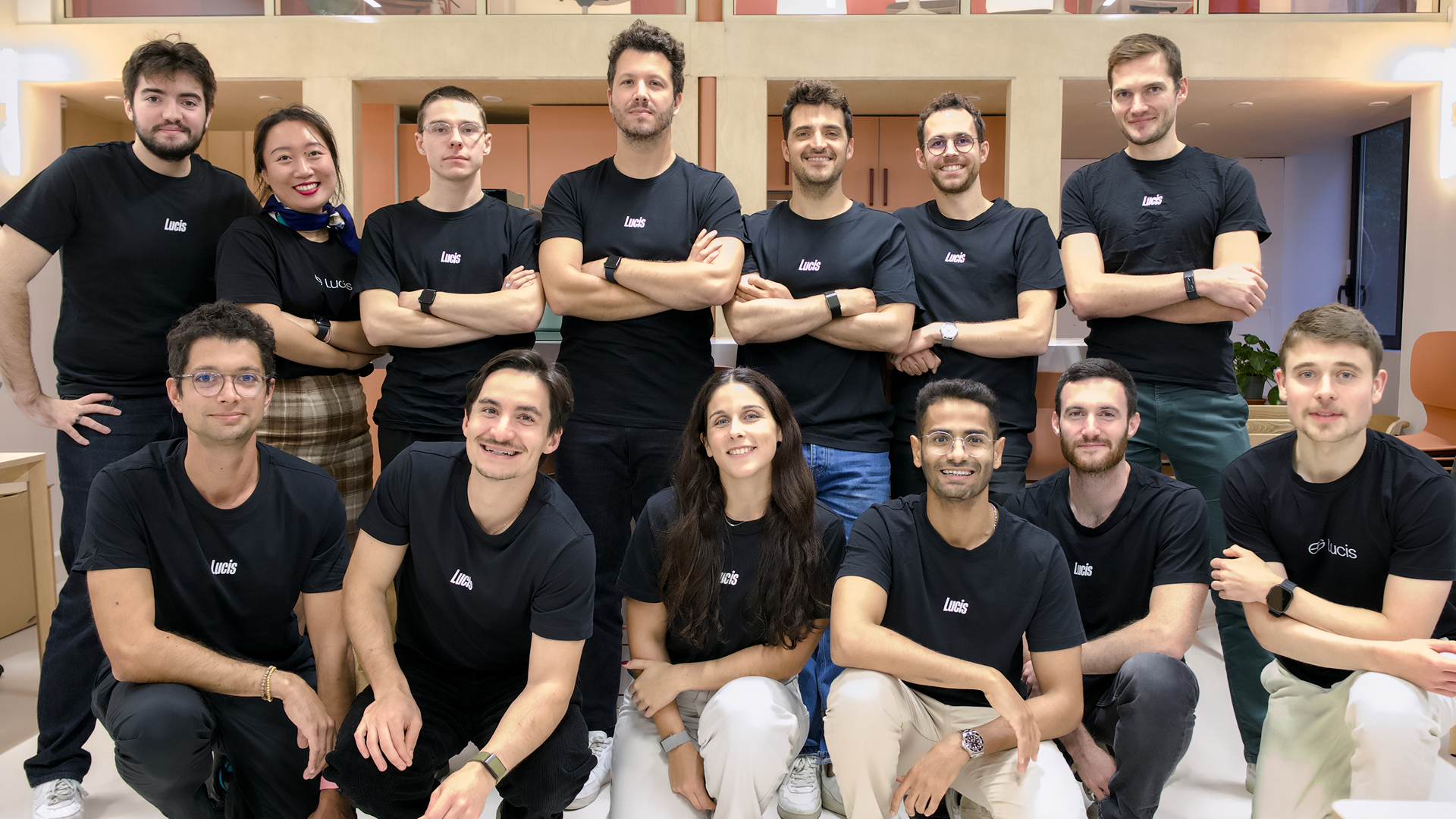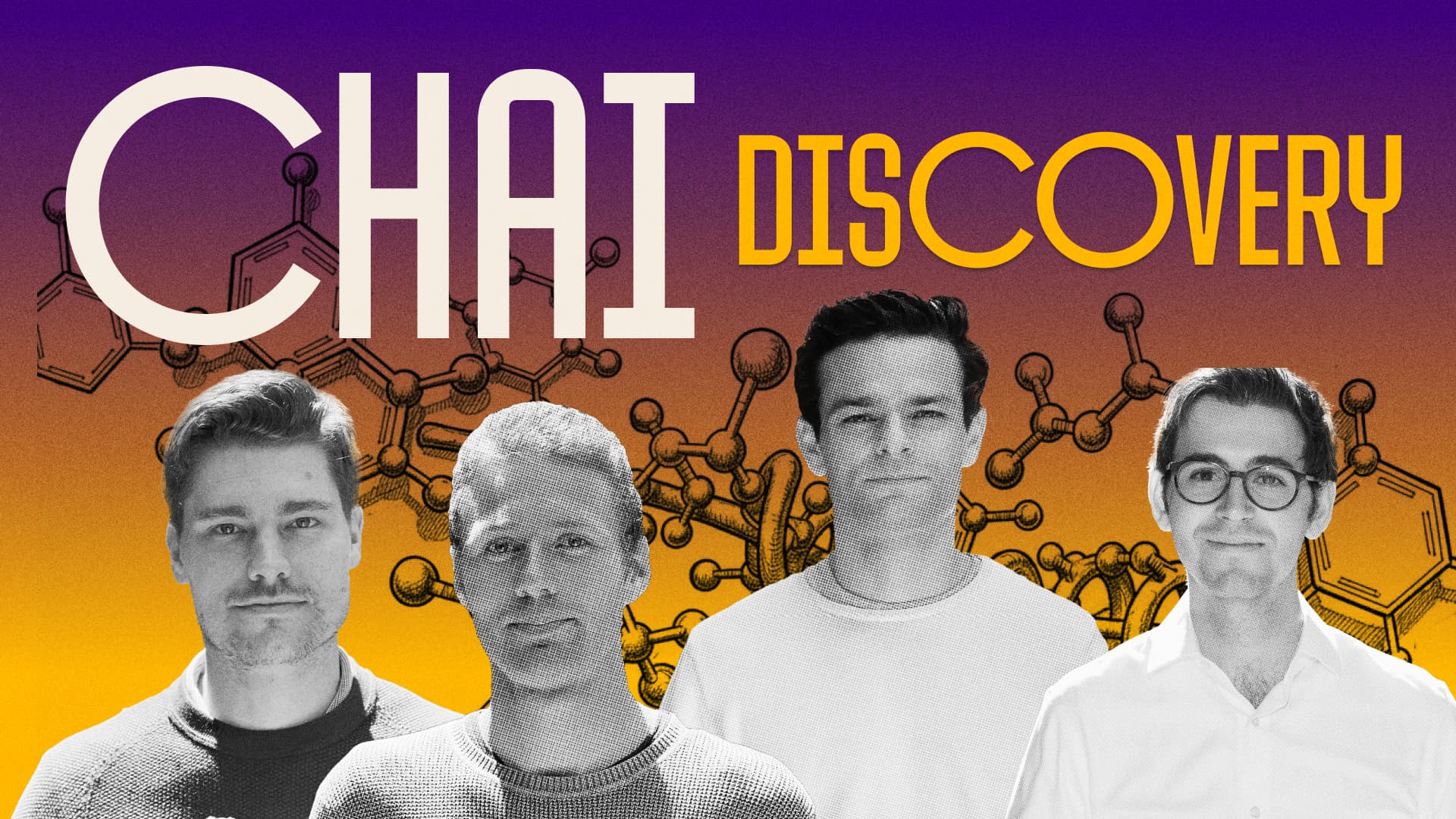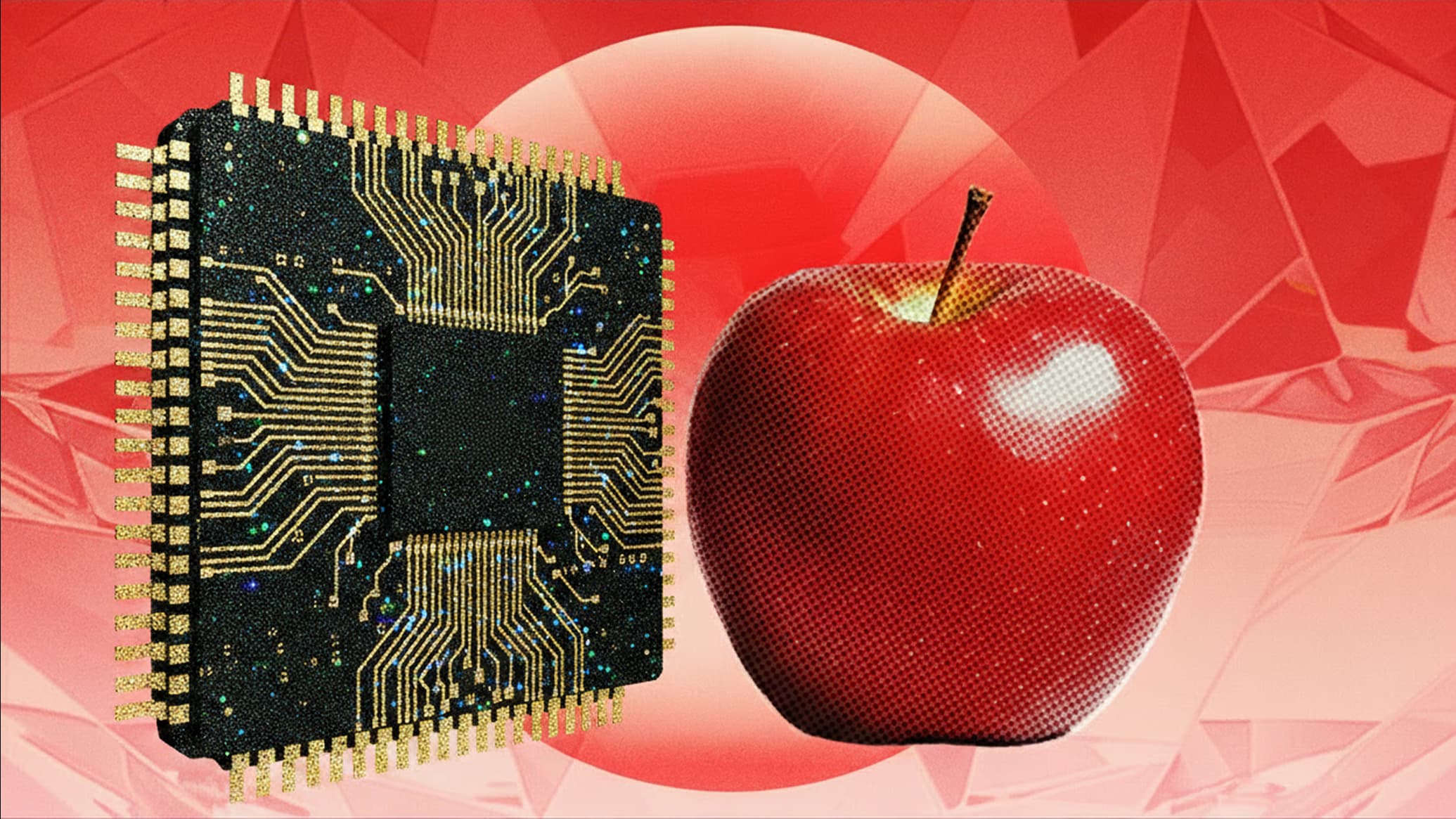Table of contents
By The Creation Team
Our Health Assurance vision endeavors to radically collaborate with health systems and provide care that is more accessible, proactive and affordable. It is clear that both in the United States and globally, the healthcare workforce is at capacity with hospital bed shortages looming and impeding the delivery of life-saving care. By 2030, the hospice market is expected to double, yet concerns over staffing remain. We don’t believe that solving this problem will require more staff, more hospitals, more resources, since outcomes have plateaued using an augmentation approach—rather what is needed is a paradigm shift toward providing home and community-based care, that meets people in the care continuum where they are.
That’s why we leveraged our Creation strategy to hatch Maribel, a technology-enabled operating partner within the healthcare system. Maribel establishes the home and community at the center of care, relieving the burden on traditional medical settings and reducing friction for patients, caregivers, and families. We believe integrating home and community care within the care continuum is a compassionate, patient-centric solution that drives the healthcare system toward increased quality, efficiency, and effectiveness. With Maribel, we believe we are one step closer to Health Assurance for all.
When we met Catalyst Advisor and co-founder Dr. Ronald Paulus and co-founder Dr. Adam Groff—physicians with nearly 30 years of combined hospital and home health C-Suite experience—we found partners to bring our shared vision for Maribel to life. As physicians, they have direct insight into the challenges facing the US healthcare system, such as the disproportionate high cost of care and poor health outcomes. Their immersion in the landscape has further revealed the chasms between the home and hospital, people and technology, and today’s healthcare capacity and a technology-enabled capacity of the future. Maribel exists as a technology-enabled bridge to address these rifts and is currently building with two anchor partners: Sisters of Mercy Health System and BAYADA Home Health Care.
The Future of Advanced Home and Community-Based Case
Foremost, Maribel is a turnkey partner that works with health systems to seek to uncover what they need to reduce capacity burden and improve quality of care. Maribel ideates and implements a customized end-to-end solution following a three step process: design, build, and operate. In the design phase, Maribel assesses the local market and strategic needs to plan for home and community-based care. Building involves ensuring that the programs and technology are seamlessly integrated within the organization’s culture, workflows, and workforce. As an operating partner, Maribel is accountable for software implementation, training, and ongoing management for sustained impact. Hospital-at-home is one such solution that has proven effectiveness with lower readmission rates, reduced payer costs, and higher patient satisfaction. For example, Maribel is in the process of building a hospital-at-home program at Sisters of Mercy Health System with more than 100 virtual beds. Maribel’s services beyond the hospital-at-home care delivery model include optimizing post-acute care processes, and coordinating long-term chronic care. At BAYADA Home Health Care, its technology platform intends to be deployed to enable clinical staff to seamlessly support advanced care models (e.g. acute care, value-based care) in the home. Fundamental to each Maribel program is its patient-centricity and aim to increase the total health system capacity.
Today, at General Catalyst we are excited to announce that we are leading Maribel’s $25M Series A and co-creating a compassionate healthcare system that meets people in the comfort of their own homes and communities. With this funding, Maribel plans to attract talent and partnerships. We are grateful to be on this journey alongside Maribel to progress our Health Assurance vision and make higher quality healthcare more accessible together.





%2520(1).jpeg)

.jpg)




